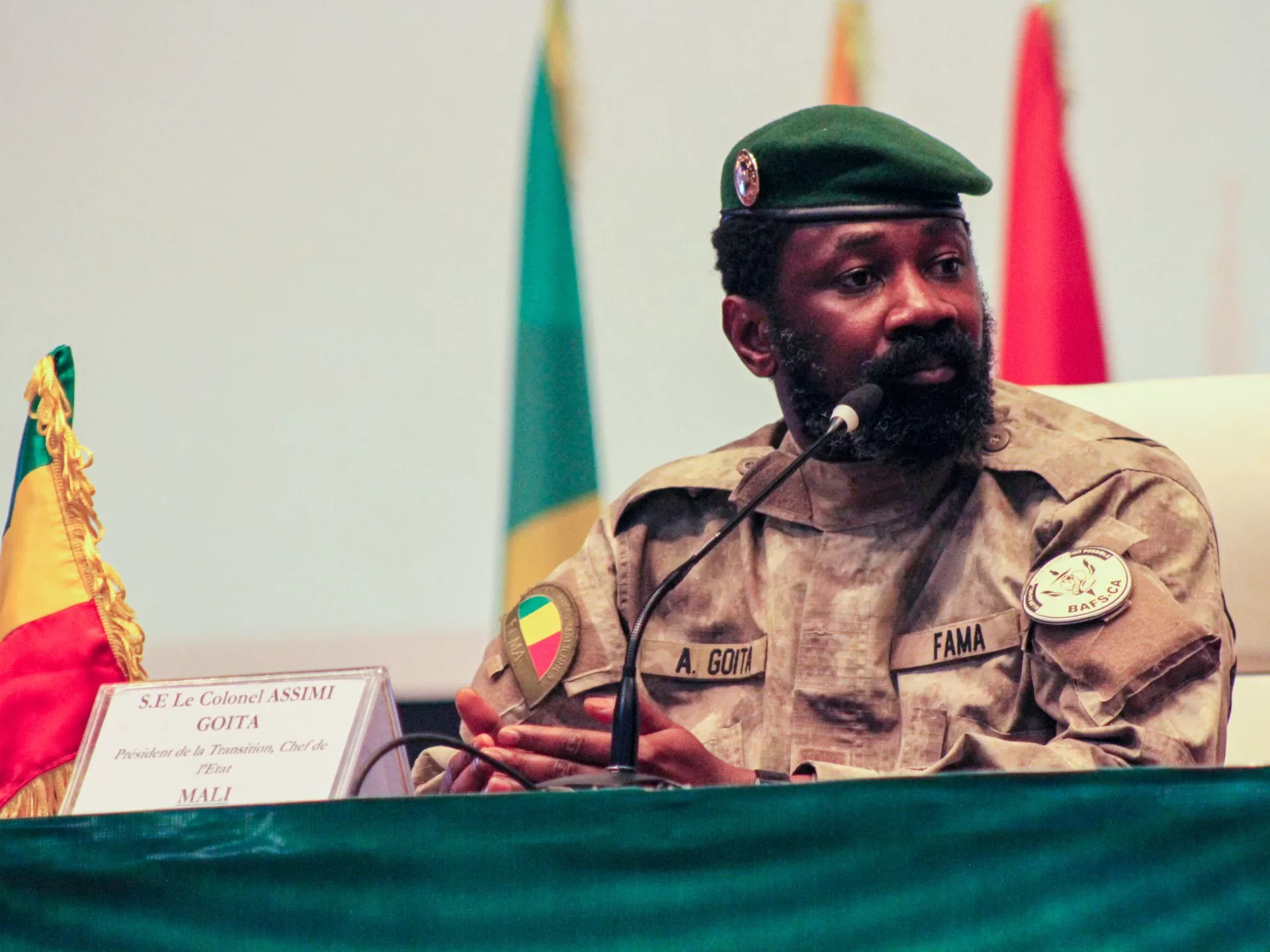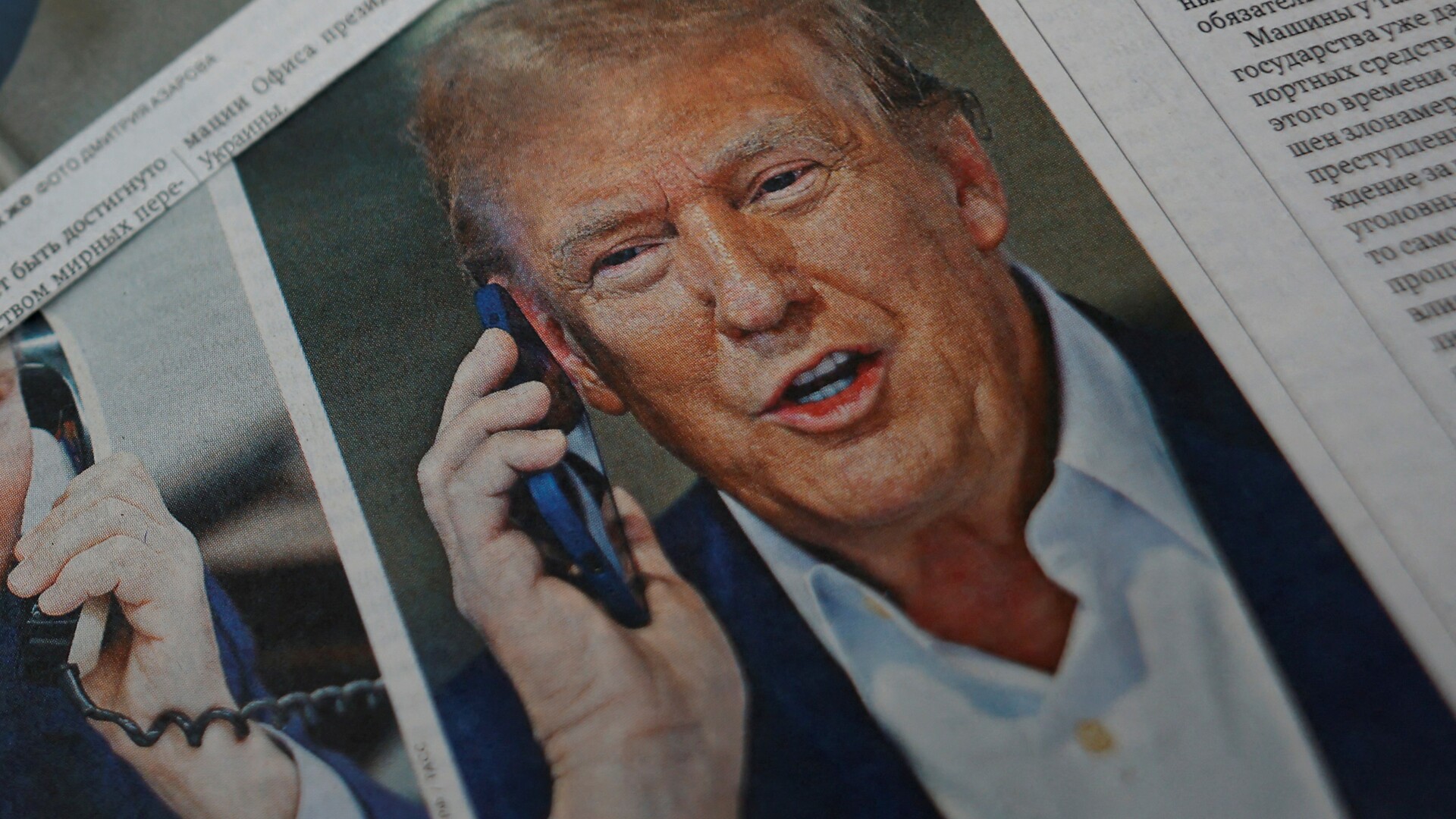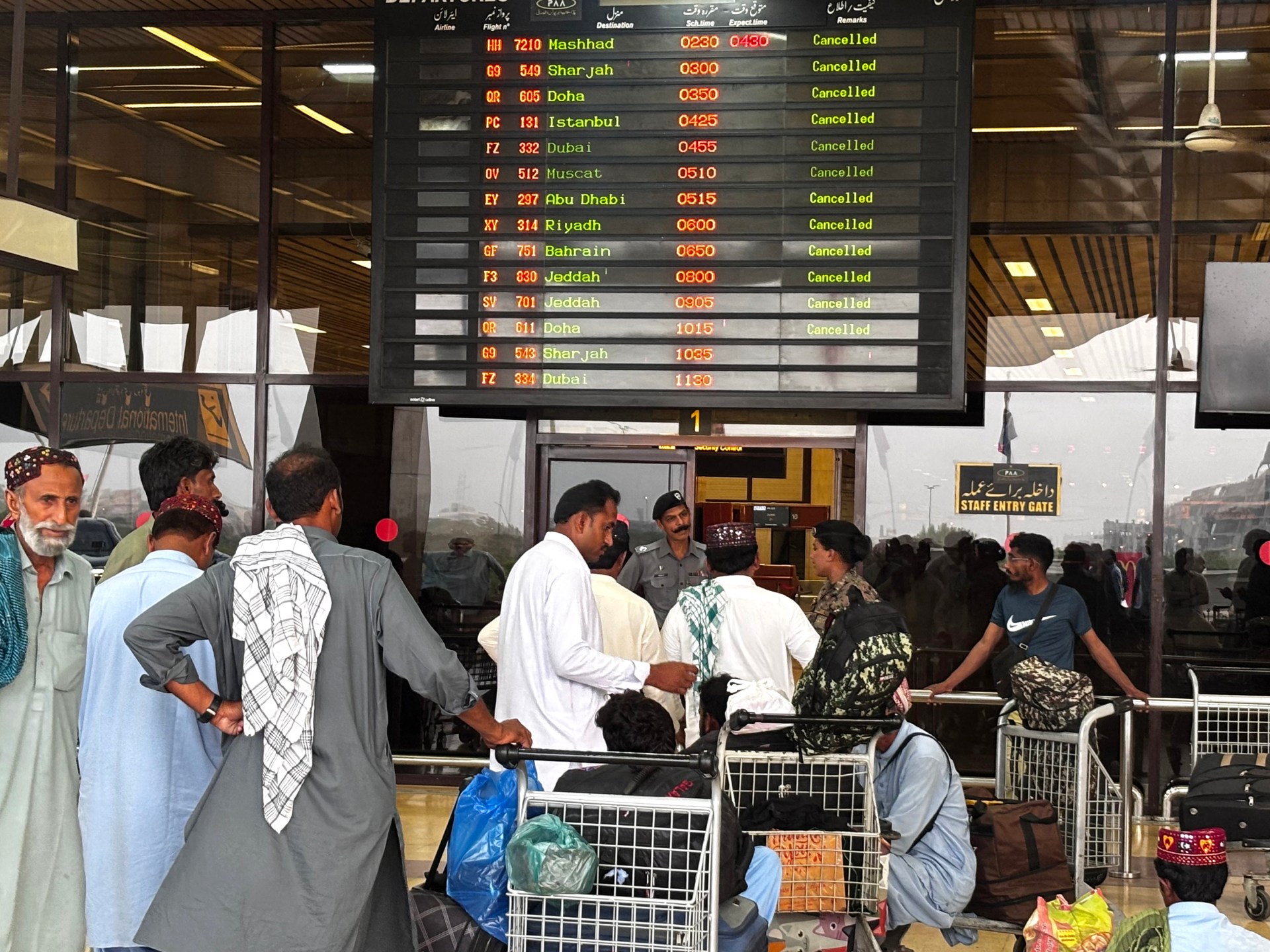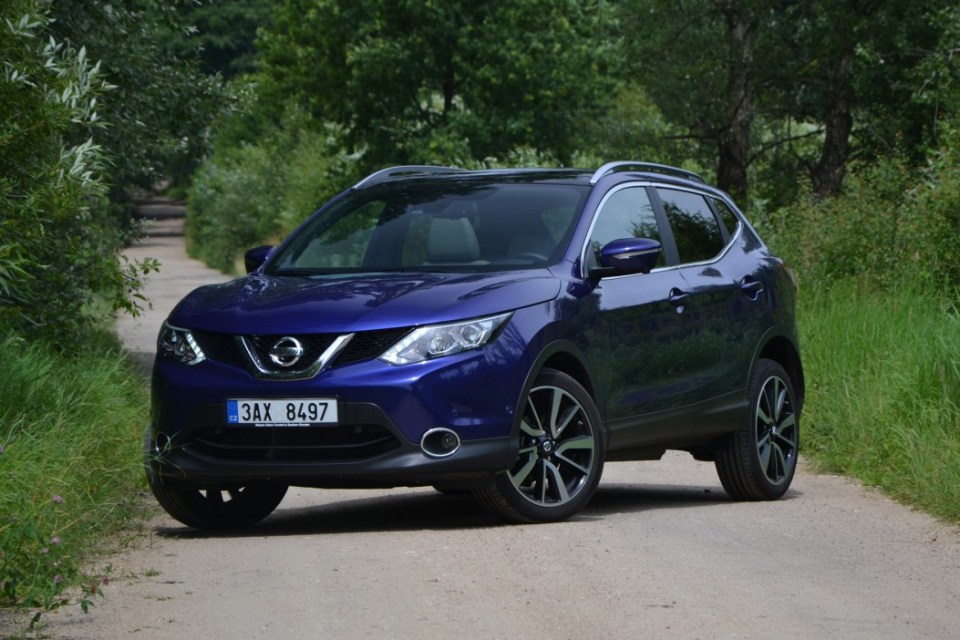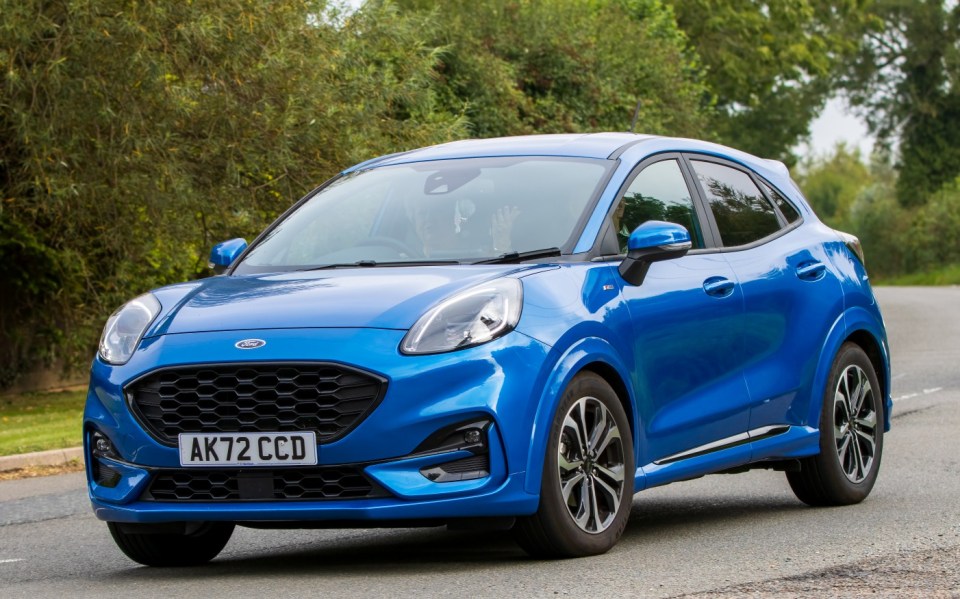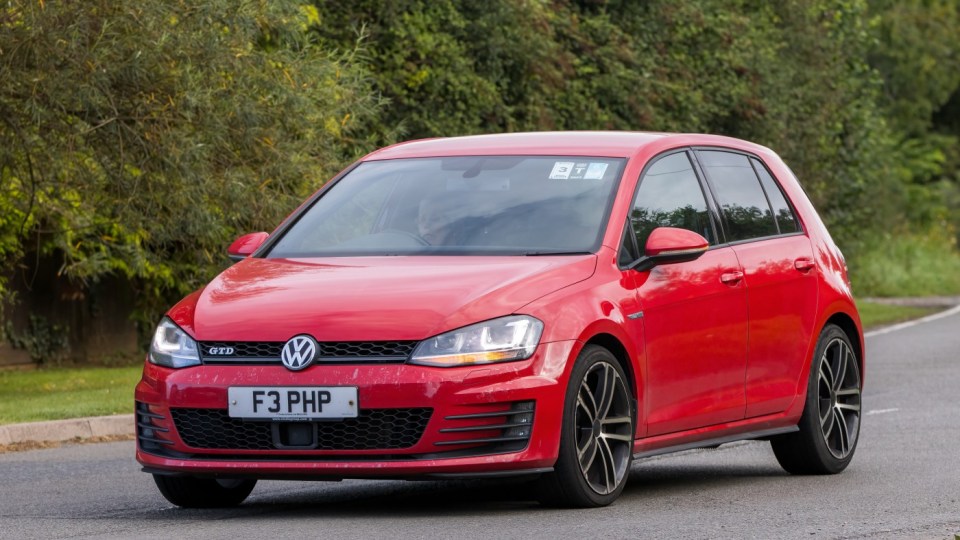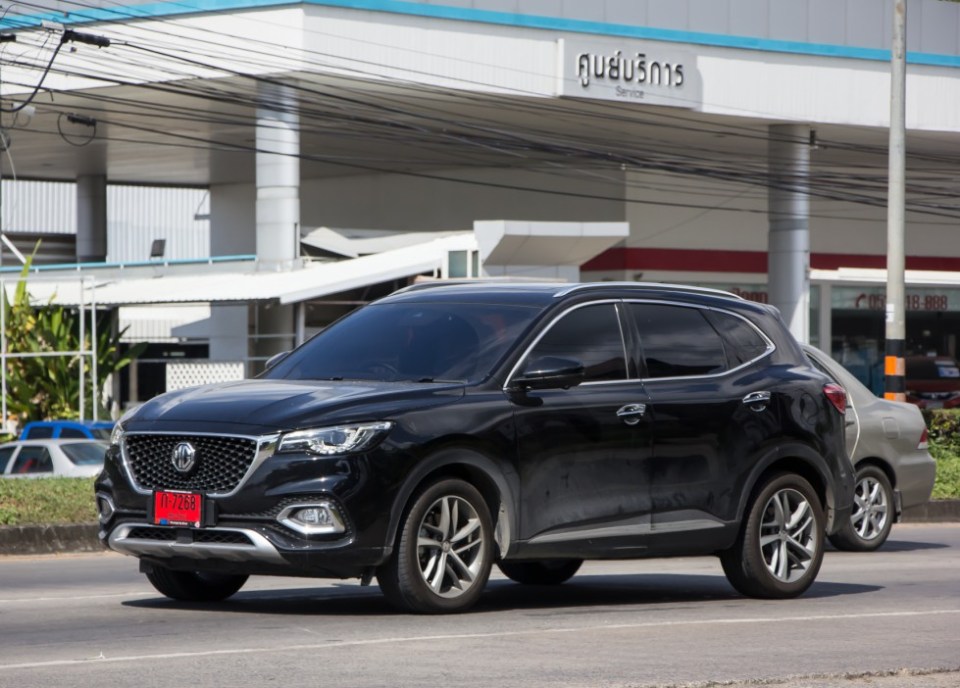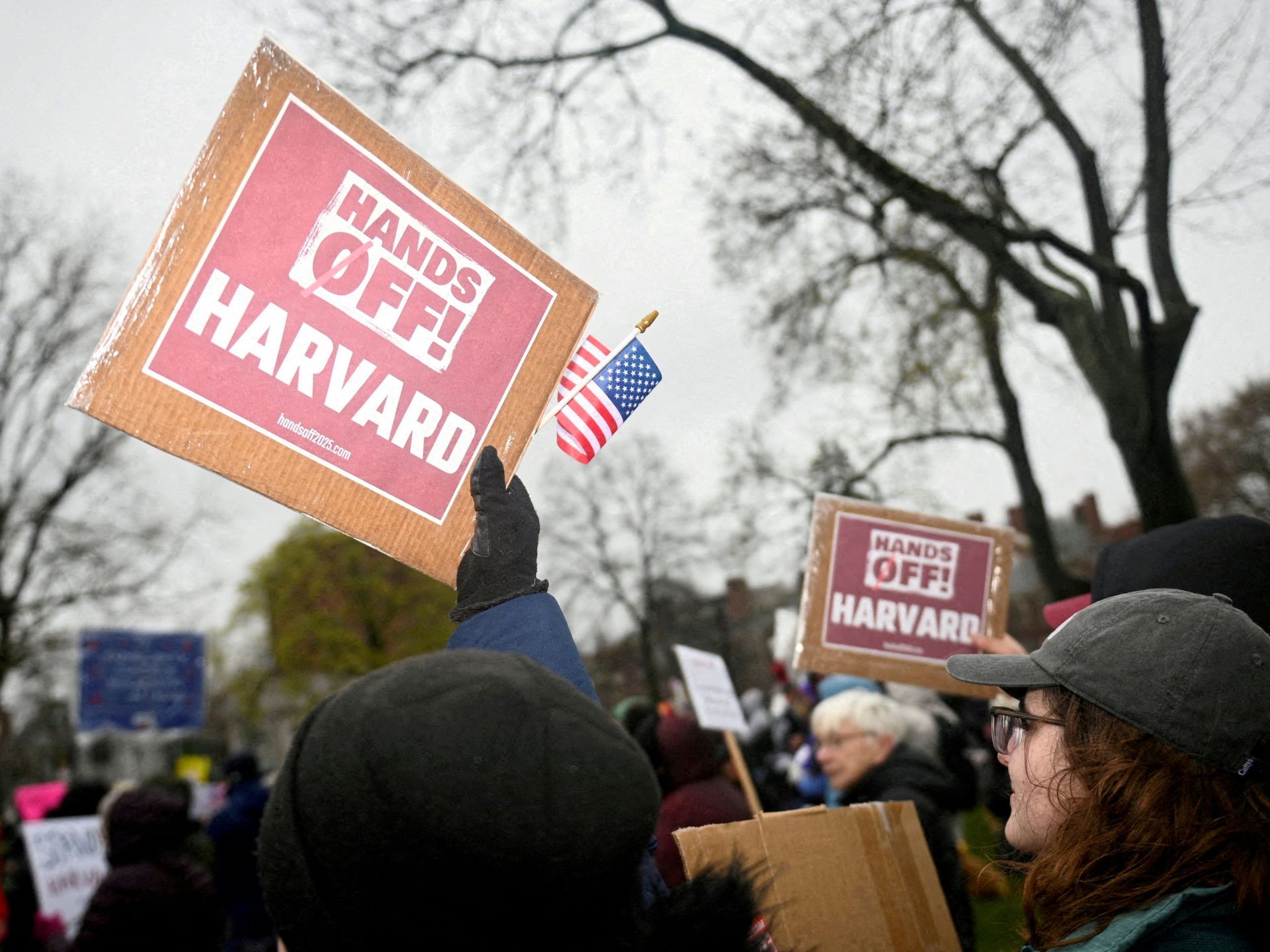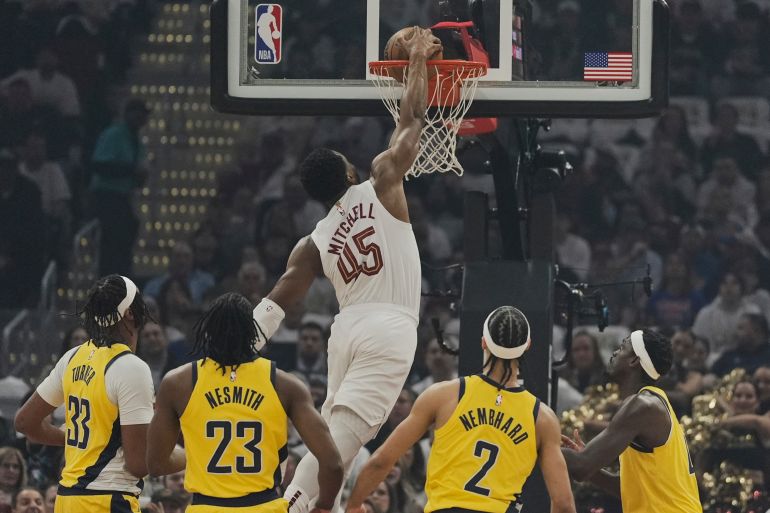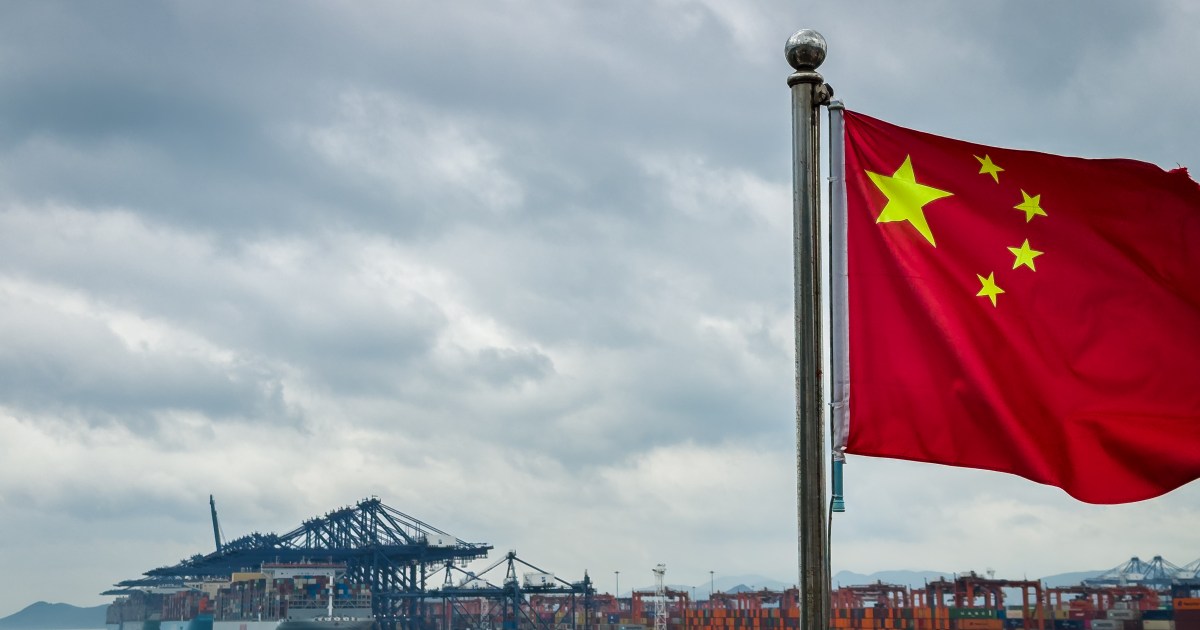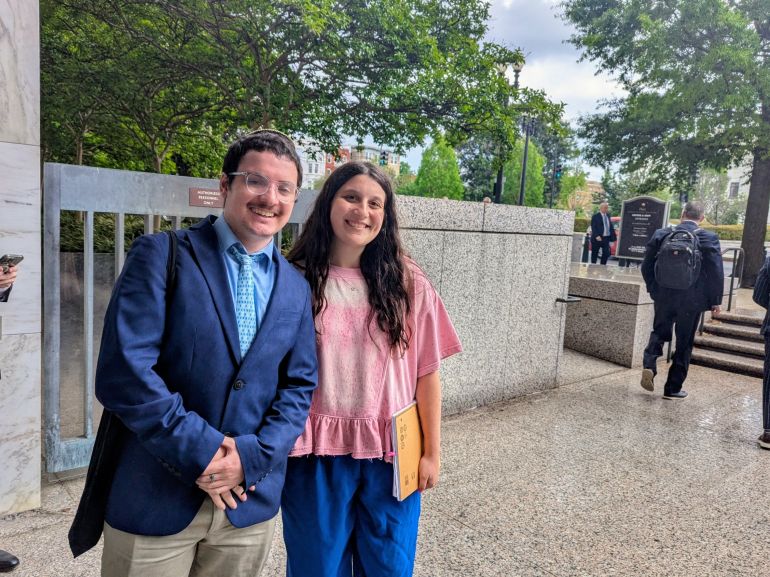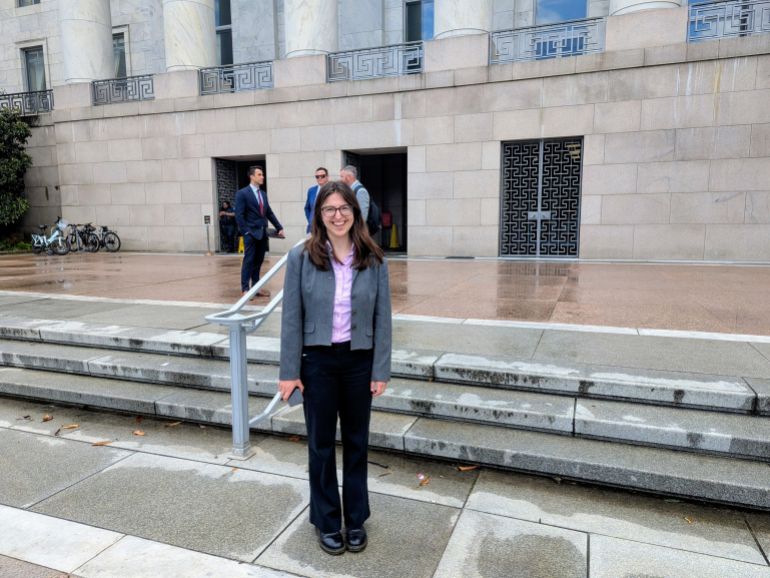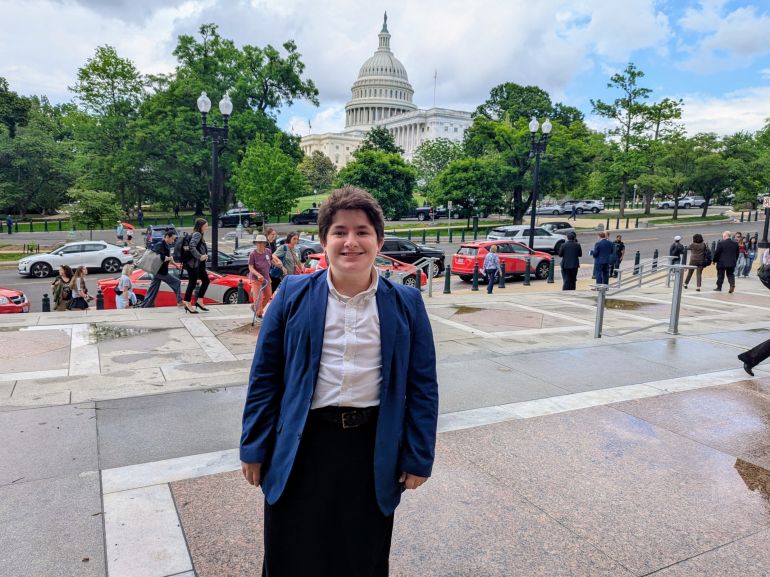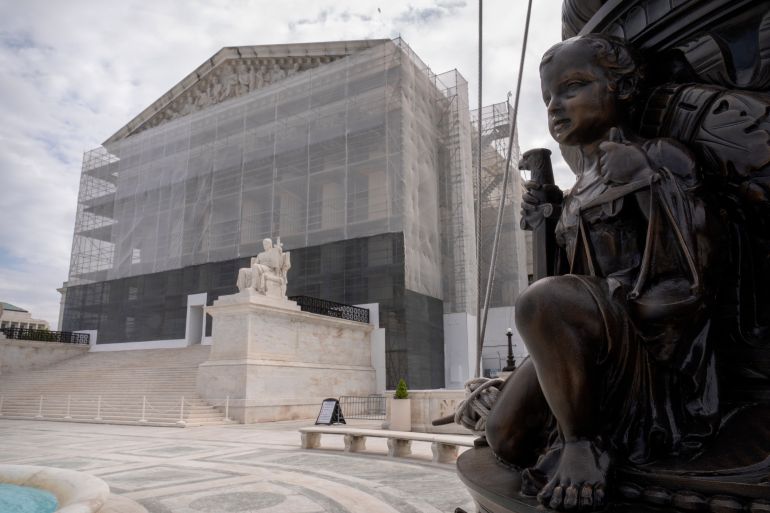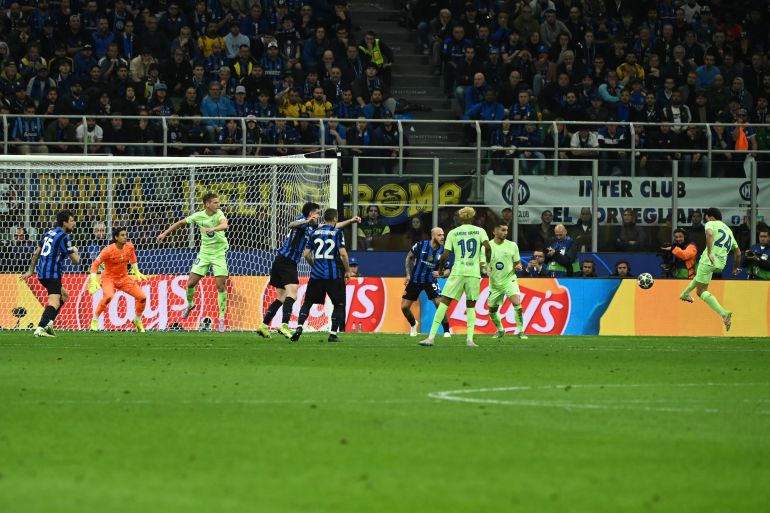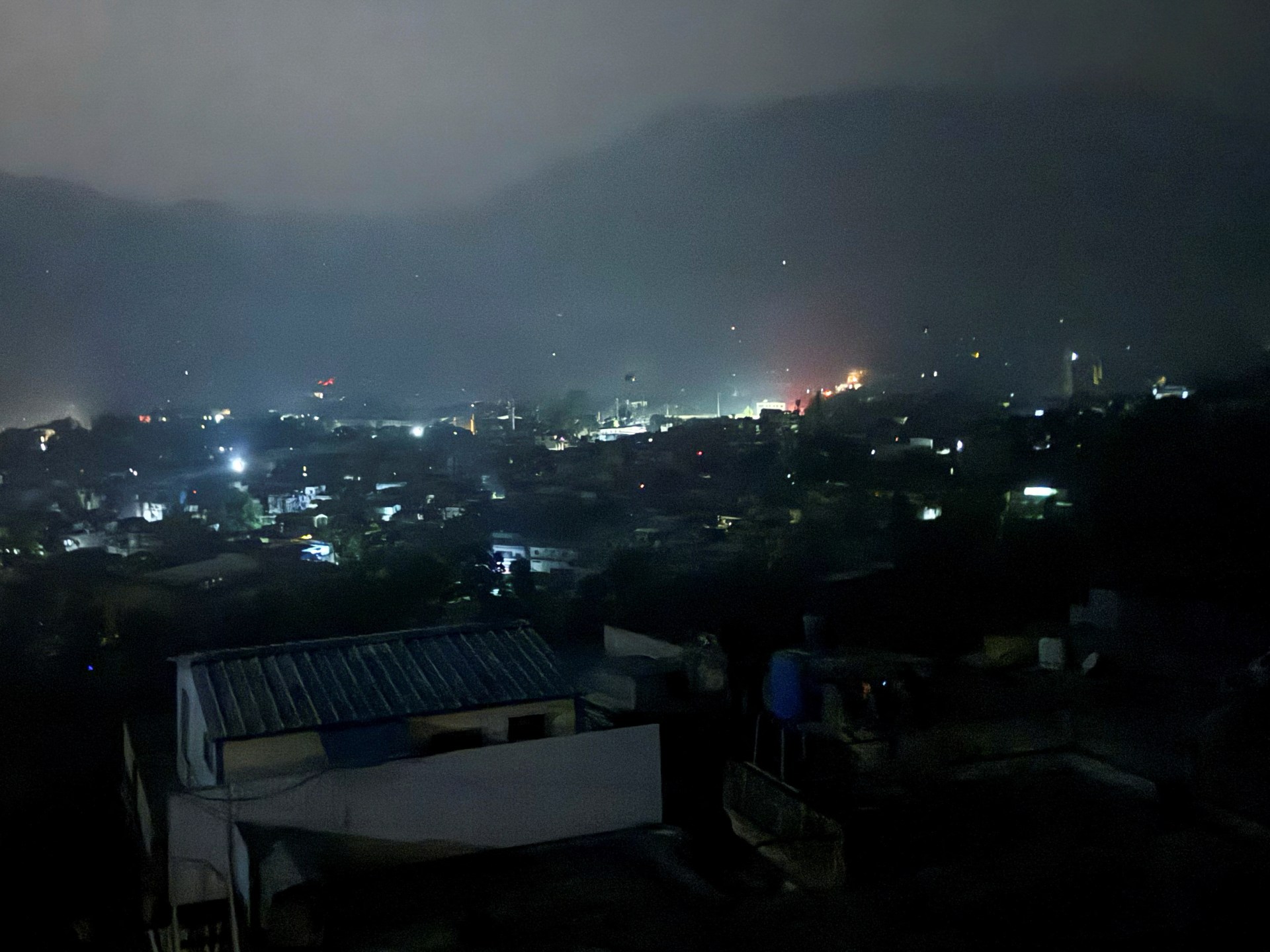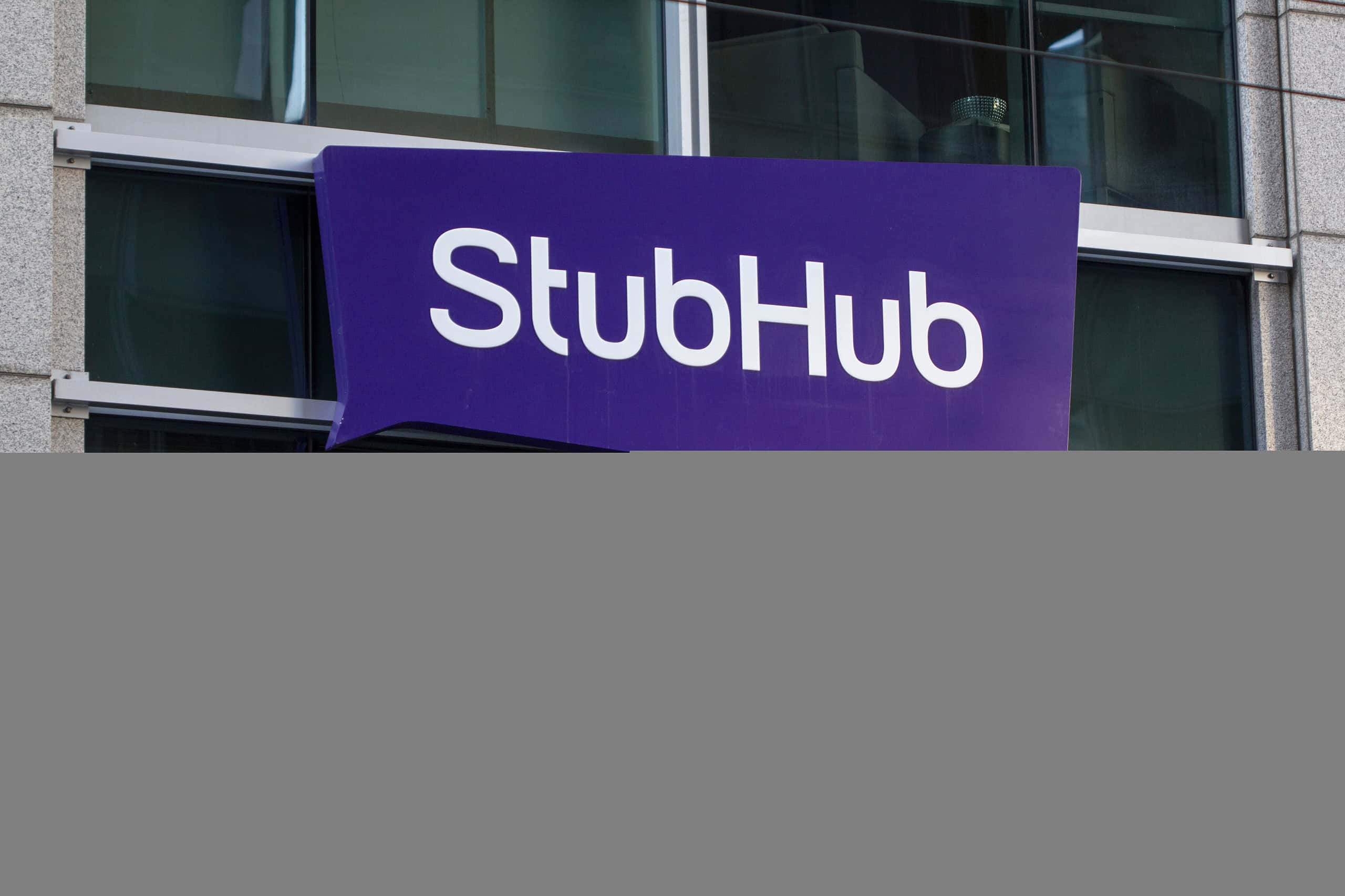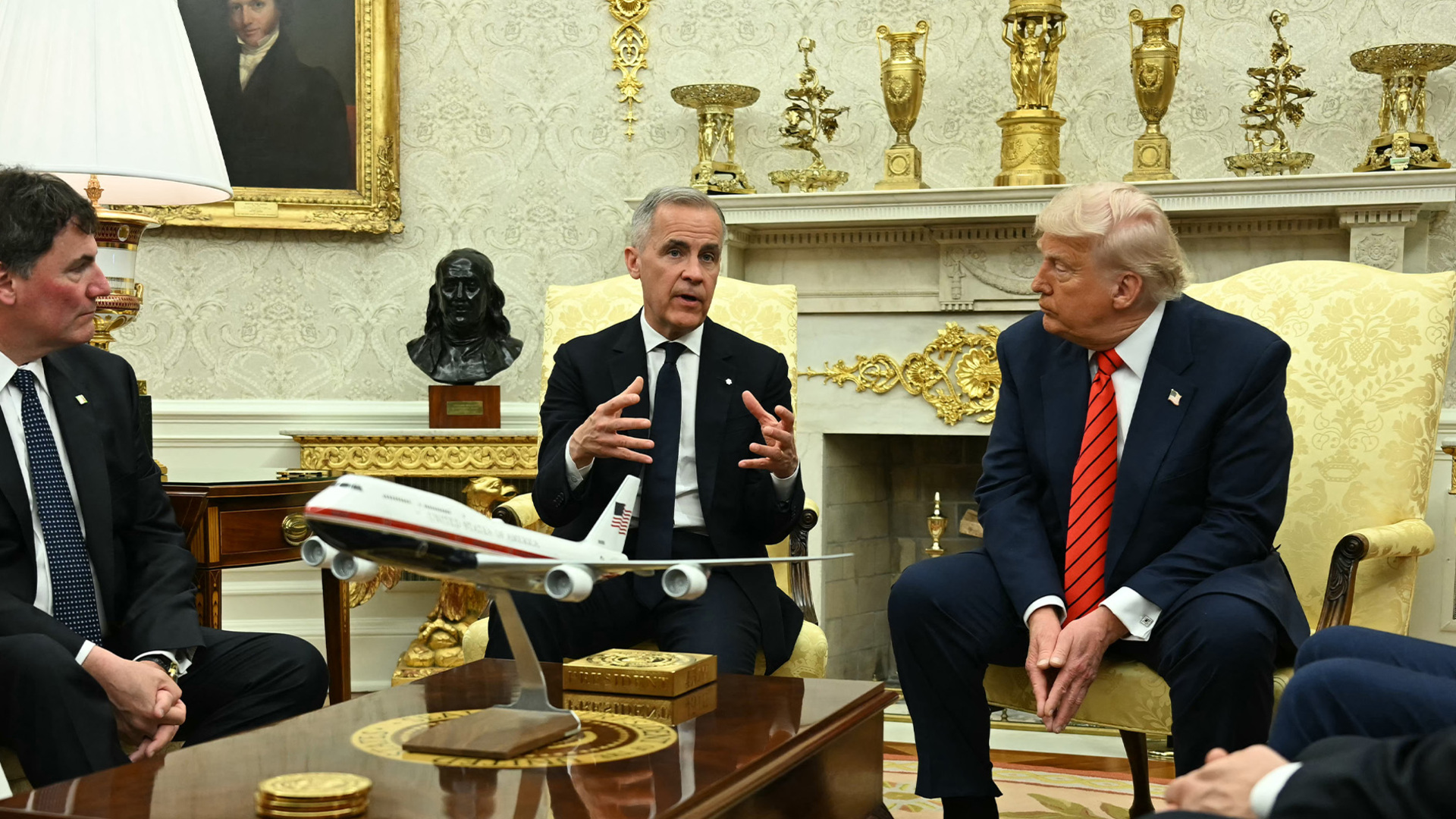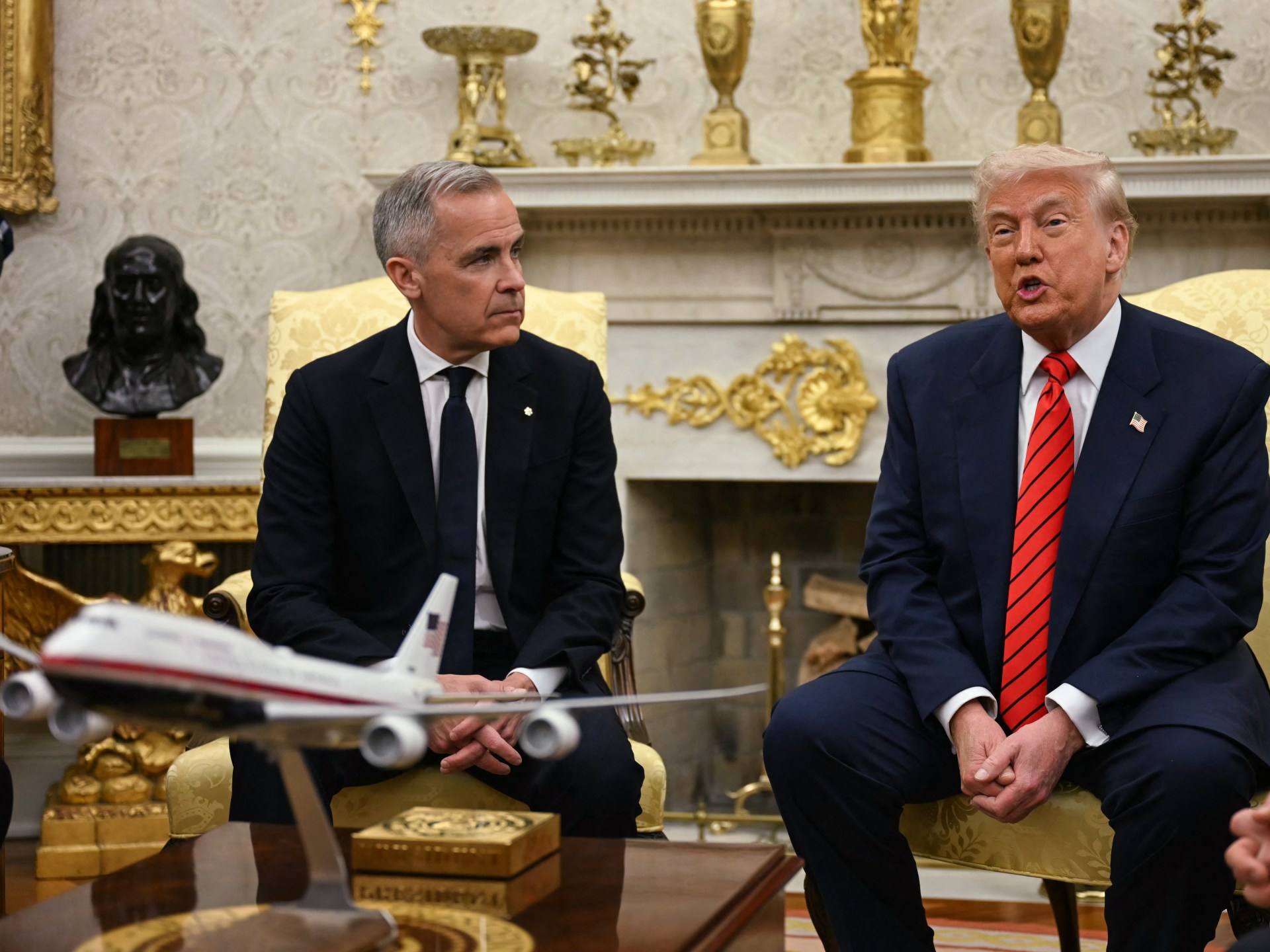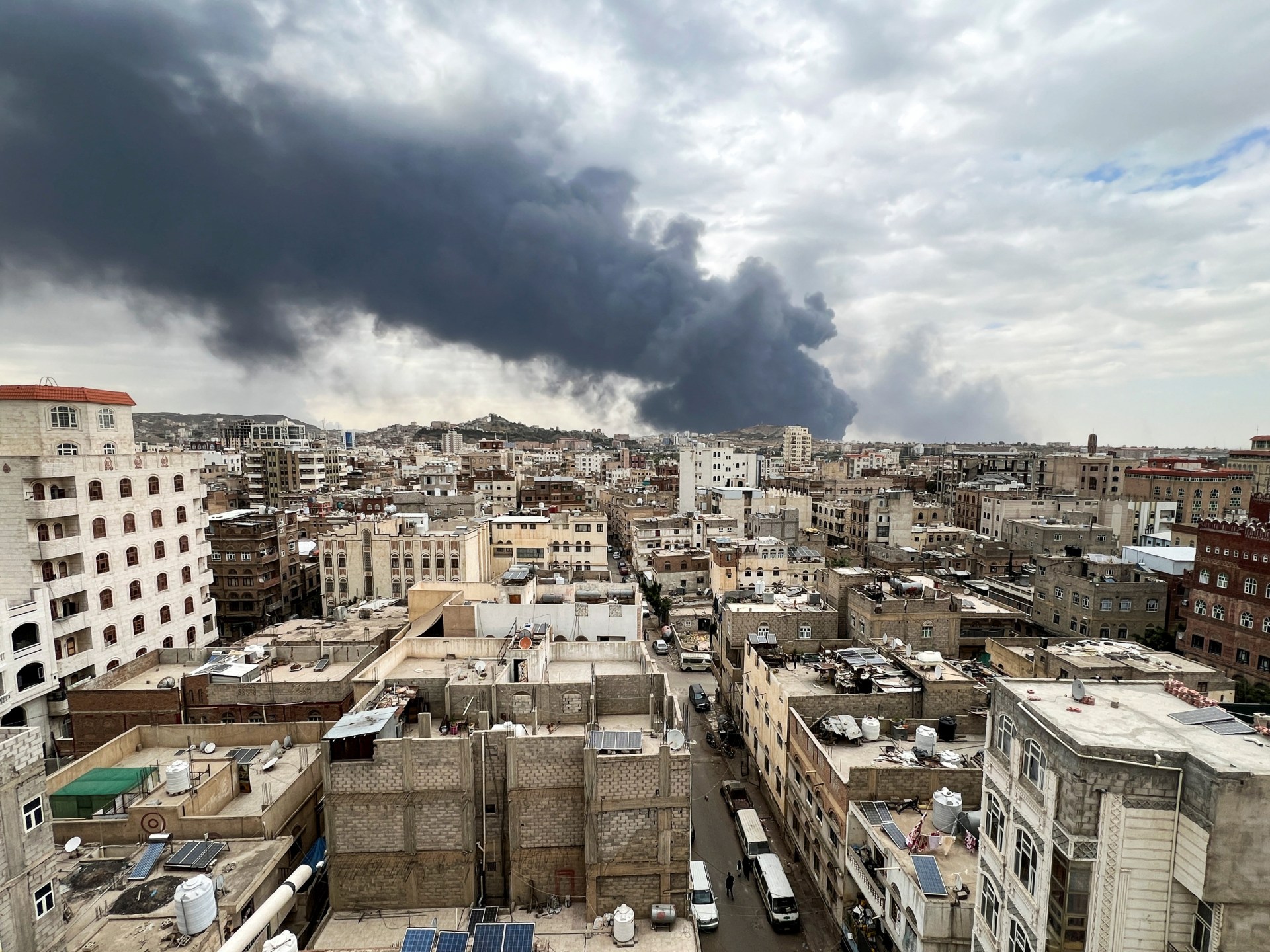Anti-Bribery Backpedal | Global Finance Magazine
Trump’s pause of the Foreign Corrupt Practices Act has left companies confused and cast doubt on US leadership of anti-corruption efforts.
When President Donald Trump rolled back the Foreign Corrupt Practices Act (FCPA) just three weeks after his inauguration, decades of anti-bribery enforcement seemingly came to a halt. However, it quickly became apparent that government prosecutors were retreating only from some high-profile cases while doubling down on others.
Companies and their executives, both in the US and elsewhere, are now left to navigate a murky new landscape: one where political motivation may be just as influential as legal precedent. Take, for example, the case of Cognizant Technology Solutions Corp. In April, a federal judge—at the behest of Alina Habba, US attorney for New Jersey and a former Trump defense lawyer—officially dropped the Department of Justice’s long- running bribery case against the company’s two former bosses, Gordon Coburn and Steven Schwartz, who allegedly authorized a $2 million bribe to expand in India. It was the first time the DOJ had walked away from a foreign bribery prosecution since Trump took office for his second term.
“They’re cherry-picking. You’re either going to prosecute all these cases or none of them.”
Frank Rubino, Attorney
Just a few weeks after Coburn and Schwartz got a pass, prosecutors proceeded with a bribery case against Smartmatic, a London-based voting machine company that far-right conspiracy theorists falsely claimed helped steal the 2020 election from Trump in favor of former President Joe Biden. Ironically, it was the Biden administration that brought a case against two Smartmatic executives last year. Venezuelan-born co-founder Roger Piñate and his colleague, Jorge Miguel Vasquez, were both charged with making $1-million bribes in the Philippines. Trump’s DOJ is still moving forward with the lawsuit in Miami.
Confused attorneys were left wondering: Does the FCPA now only apply to some companies and not others?
“I don’t understand why the government is taking an incon- sistent position,” says Frank Rubino, a lawyer for one of the charged Smartmatic executives. The Cognizant scenario isn’t dissimilar to what’s being alleged against Smartmatic, he argues. The only difference is the one-eighty on the part of prosecutors. “They’re cherry-picking,” says Rubino. “You’re either going to prosecute all these cases or none of them.”
Rubino’s entire practice in Coral Gables, Florida, has been devoted to federal white-collar crime, including cases involving alleged FCPA violations, over the course of his 30-year career. And he somewhat agrees that FCPA enforcement can be too strict. The “tiniest thing”—e.g., taking a prospective buyer to dinner—can be construed as a violation, he says. But the Trump administration’s appearance of favoring one company over another encourages him to gear up for an October trial date.
“We’ll prepare as if Trump never signed that executive order and hopefully be successful,” Rubino says. “The fact that certain cases are dismissed has no bearing on our preparation.”
A ‘Horrible Law’?
According to law firm Greenberg Traurig, the DOJ and the Securities and Exchange Commission obtained over $1.28 billion in total FCPA penalties in 2024, one of the highest grossing years since it became law in 1977.
Over the past decade, several high-profile corporations have been fined for bribery, including Airbus, which settled for over
$3.9 billion in 2020; Goldman Sachs, which settled for $2.9 billion in connection with the 1MDB scandal; and Glencore, a Switzerland-based mining firm, which pleaded guilty and paid over $1.1 billion to settle an investigation.
During his first term, Trump called the FCPA a “horrible law.” This year, he claimed that it “actively harms American economic competitiveness.” His executive order enacted a 180- day enforcement pause to allow Attorney General Pam Bondi time to review FCPA “guidelines and policies.”
This was particularly jarring for the Organization for Economic Cooperation and Development (OECD), the Paris- based group that promotes economic growth, stability, and trade among a broad group of countries, including the US.
Per a letter sent to Bondi on Feb. 13 and obtained by Global Finance, the OECD made its case: A prolonged FCPA pause “will not serve its intended purpose to ‘restore American competitiveness and security.’ It may achieve the very contrary by putting American companies operating abroad at serious risk and depriving the United States of a deterrent instrument it has used to pro- tect US companies from unfair practices by foreign competitors.”
The letter also argued why Trump’s logic, while valid, is dated.
Nicola Bonucci, a former OECD director, maintains that the US was, for a time, at a disadvantage since other countries were turning a blind eye to bribery. “The paradox is that the uneven playing field was a true argument point between 1977 and 1999,” he says. “It’s much less so now.”
The 1999 OECD Anti-Bribery Convention, which Bonucci helped implement, changed the norm when 46 signatory states, including the US, agreed to unite and fight bribery on a global scale. US companies operating abroad “are in a difficult situation,” Bonucci adds, fearing an uptick in bribery solicitations and further confusion if some companies are treated differently than others. “The rationale for discontinuing some ongoing cases while pursuing others is not clear and creates further uncertainty,” Bonucci says.
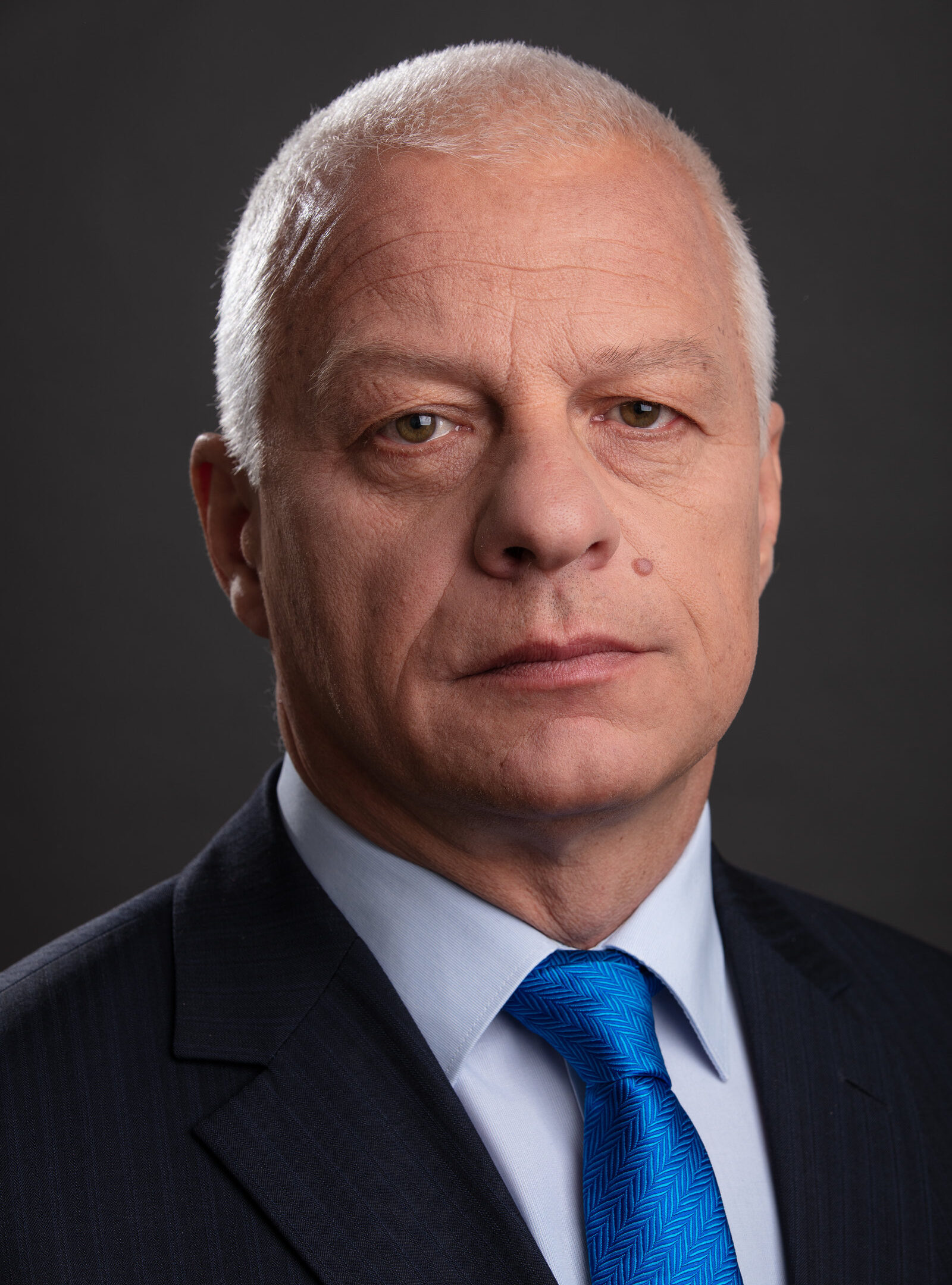
As it stands, most defendants in FCPA enforcement actions over the past decade were based in other countries and regions. A new report from law firm Gibson Dunn based on data from 2015 to 2024 finds that throughout that period, 50% of corporate defendants and 62% of individual defendants were non-US based. Additionally, foreign companies were responsible for eight of the 10 largest monetary settlements, contributing $6.1 billion of the $8.3 billion total.
Should the 180-day pause become permanent, or if the US pulls out as a signatory of the Anti-Bribery Convention, OECD chair Drago Kos expects “some countries may think that the Wild West of unpunished corruption is back.”
The US could also see its image as “a tough enforcer of global anti-bribery norms … slip into oblivion” or be deemed a “rogue state,” he adds. “This is why I really hope that after 180 days the US will be back on track.”
Proximity To Politics Matters
Per the Associated Press, Smartmatic’s voting machines were only used in Los Angeles County, a Democratic stronghold in a non-competitive state that Trump, a Republican, did not contest after the 2020 election. Yet, it remains in the DOJ’s crosshairs. Observers of the case note that this tracks with the Trump administration’s penchant for going after
perceived enemies while friendly ties to his inner political circle appear to carry weight. In late March, Trump pardoned Nikola founder and donor Trevor Milton, convicted of investor fraud. He also showed leniency to the cryptocurrency industry, which provided millions in donations throughout his campaign and up to his inauguration. In late March, he pardoned three BitMEX founders convicted of money laundering while the SEC abandoned investigations involving Ripple, Coinbase, and Gemini.
This year, the SEC also ditched a lawsuit involving Justin Sun, a crypto entrepreneur who invested millions in the Trump family’s World Liberty Financial firm shortly after Election Day.
Whether companies will now be emboldened by the ethical standards the Trump administration appears to be setting whenever they make a cross-border trans- action remains to be seen. Either way, observers say the current goings-on are not a good look for the US.
“I think there’s some sentiments that are starting to shift,” says Kison Patel, CEO of DealRoom, an M&A lifecycle management software provider. “It’s not as glamorous to go into business or get acquired by an American company, just given all the current sentiments towards our administration right now.”
Indeed, as of mid-April, data tracker Dealogic shows US M&A activity is down 3% in 2025 compared to this time last year, whereas in other regions, volume is up: Japan (142%), Asia (99%), Middle East/Africa (80%), Canada (53%), and Europe (9%).
The US is swimming against the tide as the global stance against bribery has become strong and interconnected, Kos says, predict- ing that most countries are unlikely to follow Washington’s lead should it repeal the FCPA or end its involvement with OECD. “The anti-corruption world is now strongly connected,” he argues, “and the fact that one country is pulling out, though very painful, will not be an insurmountable obstacle for the rest of the world to continue to fight corruption. Simply put: the leading role of the US will be replaced by other countries that will con- tinue to show the way for developing economies.”

